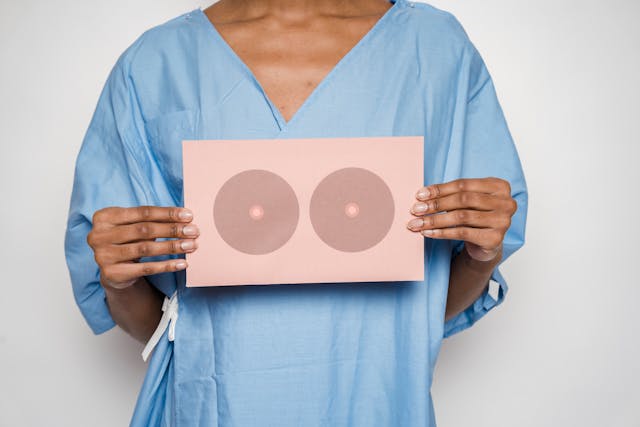Women’s Health Matters: Addressing Unique Medical Concerns
Women's health is a broad and essential field that encompasses physical, mental, and emotional well-being throughout every stage of life. While many health issues affect both men and women, women face unique medical concerns that require specific attention, research, and care. Understanding these differences is key to empowering women to make informed decisions about their health.

Reproductive Health and Hormonal Changes
Key concerns:
-
Menstrual health
-
Polycystic Ovary Syndrome (PCOS)
-
Endometriosis
-
Fertility challenges
-
Menopause and perimenopause
Why it matters: These issues can significantly impact a woman’s quality of life, mental health, and long-term wellness. Early diagnosis and management are crucial to prevent complications and improve outcomes.
Takeaway: Regular gynecological exams, open communication with healthcare providers, and hormonal screenings are essential tools.
Heart Disease: The Silent Killer
Did you know? Heart disease is the leading cause of death for women—yet it's often misdiagnosed or under-recognized due to atypical symptoms.
Warning signs may include:
-
Shortness of breath
-
Unusual fatigue
-
Nausea or dizziness
-
Jaw or back pain
Takeaway: Don’t ignore subtle signs. A heart-healthy lifestyle (balanced diet, regular activity, stress management) and routine screenings are key.
Breast Health
Routine care includes:
-
Monthly self-exams
-
Annual clinical exams
-
Mammograms starting at age 40 (or earlier if at high risk)
Takeaway: Awareness and early detection can be lifesaving. Know your family history and report any unusual changes to your doctor promptly.
Mental Health and Emotional Well-Being
Women are twice as likely as men to experience depression and anxiety, especially during hormonal shifts like pregnancy, postpartum, and menopause.
Common challenges:
-
Postpartum depression
-
Premenstrual dysphoric disorder (PMDD)
-
Mood swings tied to hormonal changes
Takeaway: Mental health is health. Support systems, therapy, and sometimes medication are valid and valuable tools.
Bone Health and Osteoporosis
Due to lower bone density and hormonal shifts during menopause, women are at higher risk for osteoporosis.
Prevention tips:
-
Adequate calcium and vitamin D
-
Weight-bearing exercises
-
Bone density tests after age 65 (or younger if at risk)
Takeaway: Preventive care and lifestyle choices early in life can protect you in the long term.
Autoimmune Disorders
Women make up nearly 80% of autoimmune disease patients. Conditions like lupus, rheumatoid arthritis, and thyroid disorders disproportionately affect women.
Why it matters: These diseases are often complex and hard to diagnose. Symptoms can be vague, ranging from fatigue to joint pain.
Takeaway: Advocate for your health. If something feels “off,” keep seeking answers.
Pregnancy and Maternal Health
Pregnancy-related health involves more than childbirth—it includes:
-
Gestational diabetes
-
Preeclampsia
-
Postpartum recovery
Takeaway: Regular prenatal care and postpartum follow-ups are critical for mother and baby. Emotional support and education are just as vital as physical care.
Cancer Screening and Prevention
Beyond breast cancer, women should be mindful if:
-
Cervical cancer (Pap smears, HPV testing)
-
Ovarian cancer (harder to detect but signs include bloating and pelvic pain)
-
Skin and colon cancers
Takeaway: Preventive care saves lives. Stay on top of age-appropriate screenings.

Sexual Health and Intimacy
Sexual health affects physical and emotional wellness. Concerns may include:
-
Pain during intercourse
-
Low libido
-
STIs
-
Vaginal health
Takeaway: These topics deserve open, stigma-free discussion with your doctor. Don’t suffer in silence—solutions are available.
Health Equity and Advocacy
Many women, especially from marginalized communities, face barriers to healthcare access, cultural biases, and systemic disparities.
Takeaway: Raising awareness, advocating for better care, and supporting inclusive research are steps toward a healthier future for all women.
Final Thoughts
Women's health is more than reproductive health—it's a comprehensive, lifelong journey that deserves attention, respect, and support. By educating yourself, engaging in regular check-ups, and advocating for your needs, you can take control of your wellness and help shift the narrative around women’s healthcare.
Your health matters. Your voice matters. You matter.












